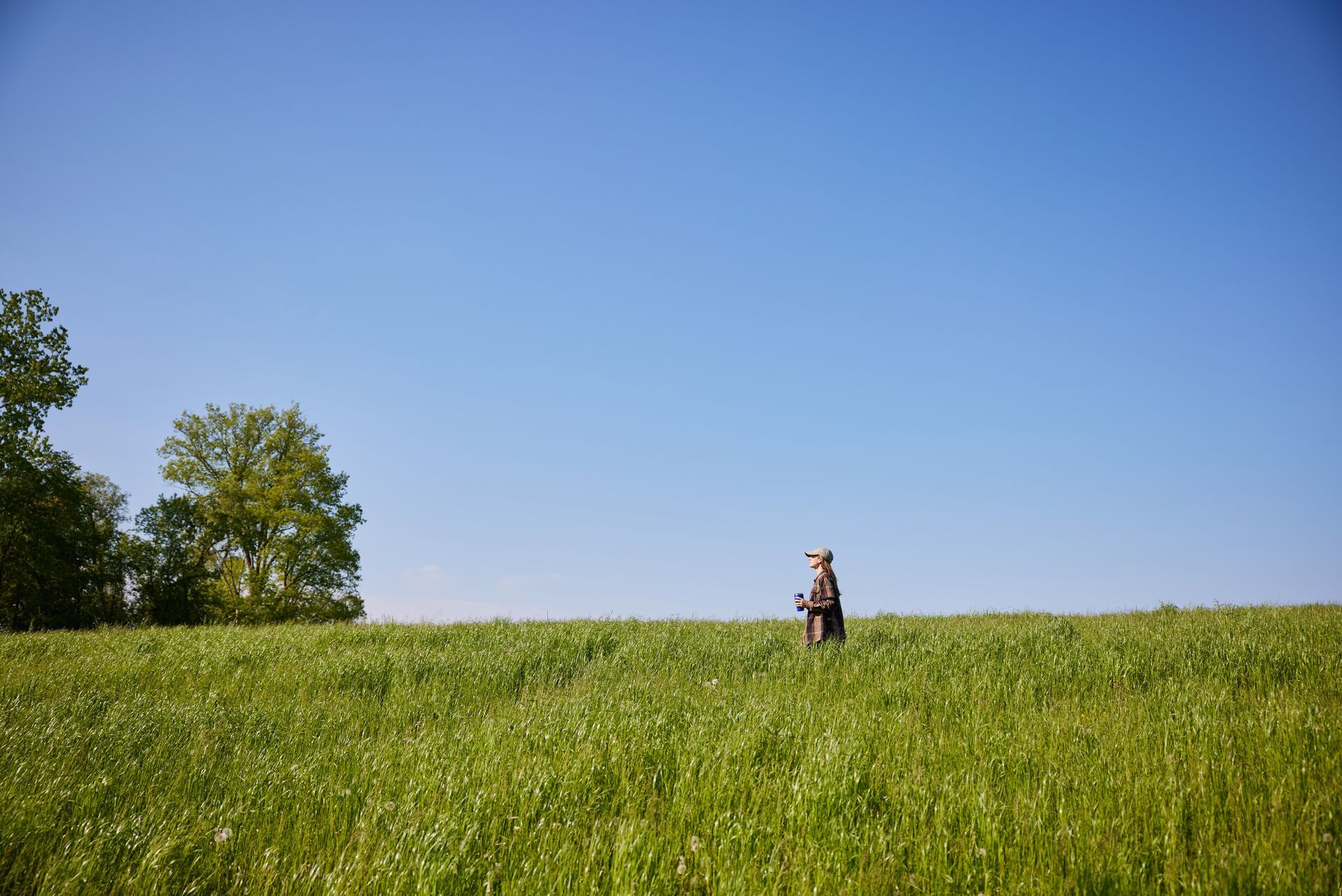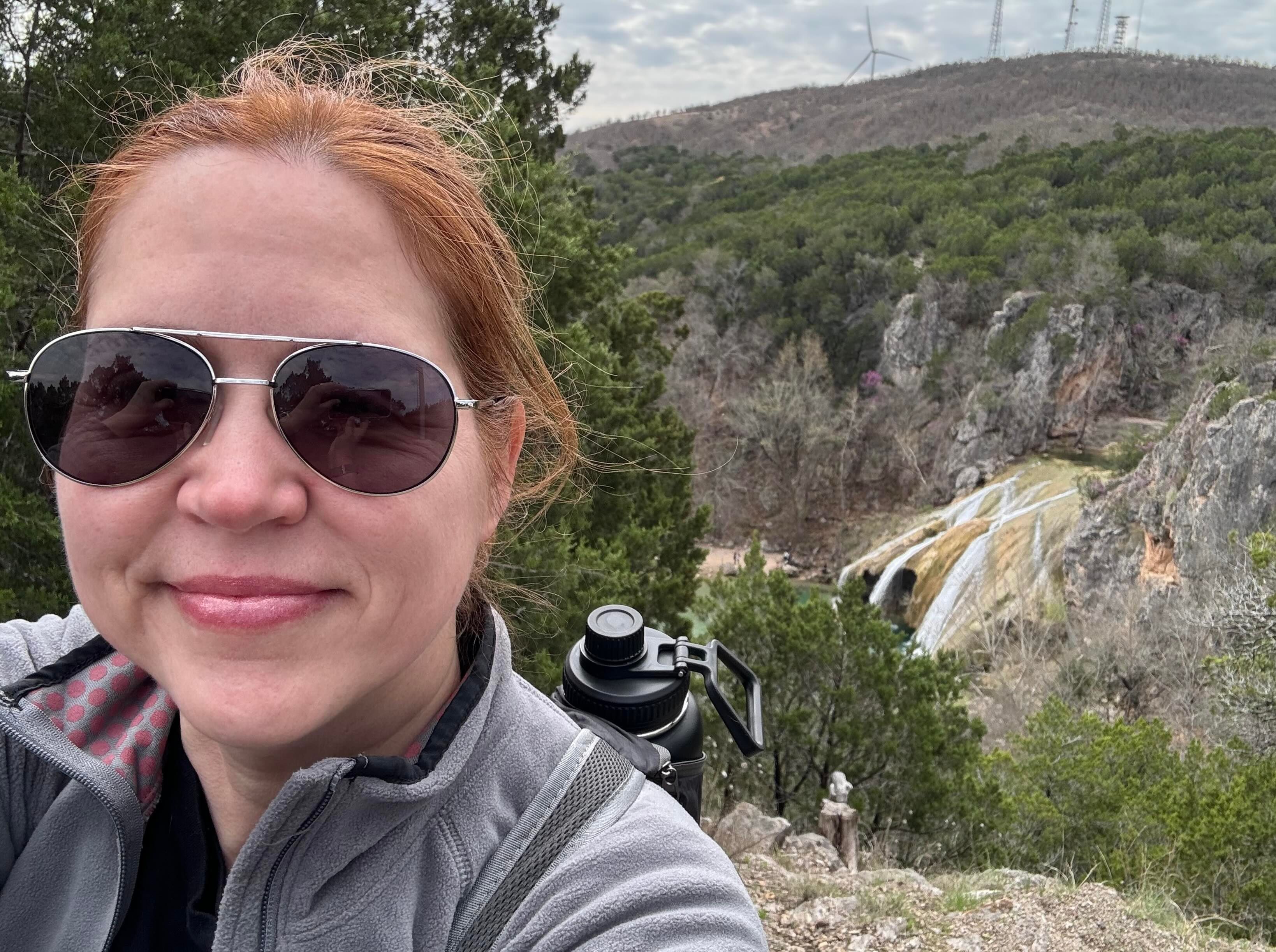Unless you already have a connection for hunting on private land, you may be on the hunt for a private hunting area this season. Or, even if you have a buddy with private land you can hunt every season, sometimes a new area could be the key to tagging out – and a new adventure – this season.
Whatever your needs (or wants) for the upcoming season, finding private hunting land near me can be challenging without the right insights – but we're here to help! We want you to have your best season yet, so keep reading to learn how to find private hunting land in your area!
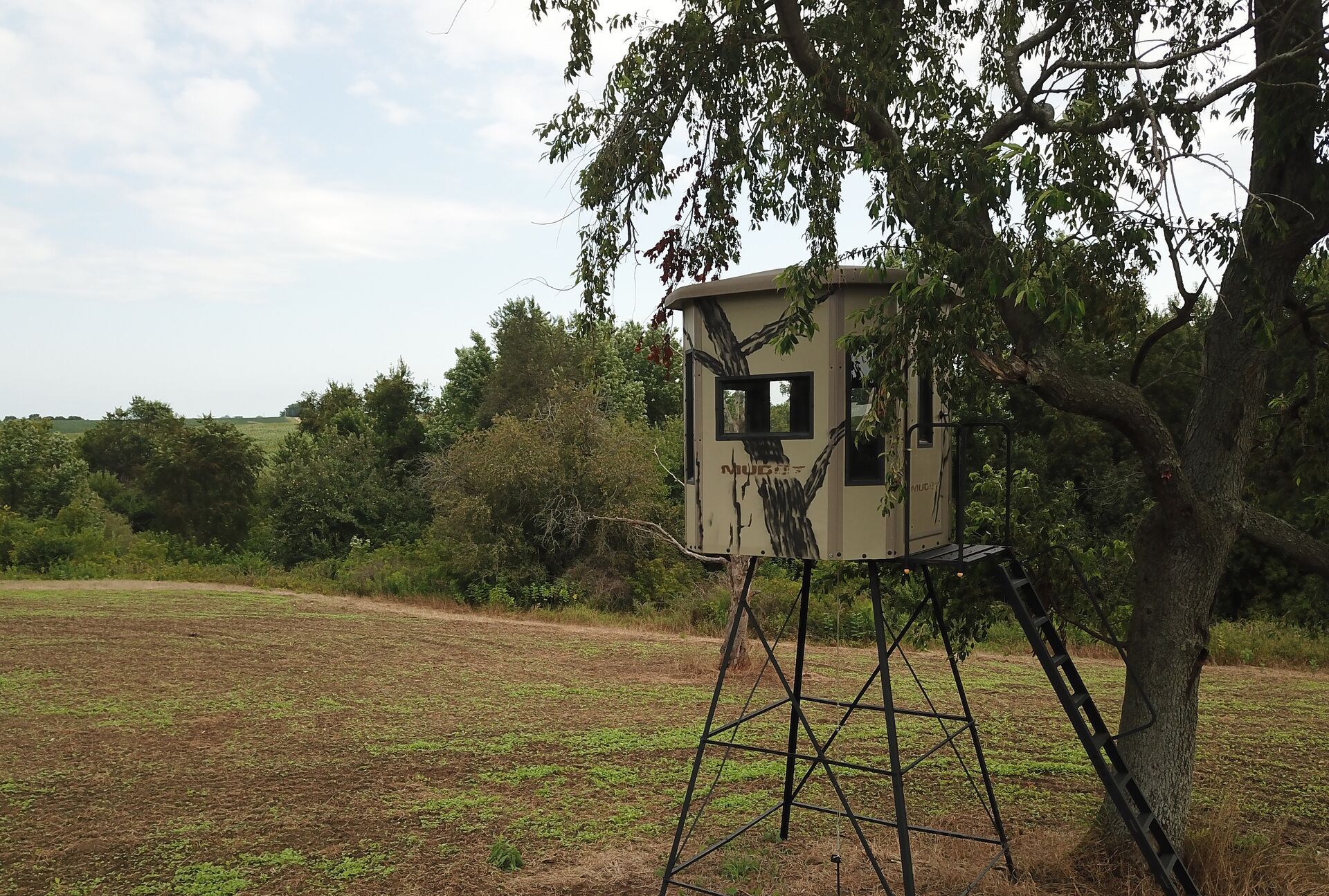
Why Hunt Private Land
What's the difference between hunting private land vs. public land? Land is land, right?
Sure, but having access to private land has plenty of benefits for hunters.
Less Crowded with Less Hunting Pressure
Hunting private lands can be a more secluded experience (i.e., less competition with other hunters) than hunting on public land. The land
Private landowners can be very selective with who they allow to hunt on their properties and how many people they allow at one time. So, chances are, if you run into other hunters, there will be less of them than you'll find during open season on public hunting acres.
With fewer hunters hunting in the same place you are, you could have a better chance of harvesting that buck you want to bring home. The land is likely less "over-hunted" than public lands that experience more hunters throughout the season.
Easier Access
A private landowner can help you understand their land, how to get into it, the best spots for setting up a blind or tree stand, and how animals move through it.
Of course, we always recommend scouting on your own, including using HuntWise to e-scout private hunting land before you arrive for your hunt. However, a private land owner knows their land better than hunters who access it once or twice a year. They can give you some insights about the area that you may not be able to get from anyone about a public hunting area.
Relationships Lead to Long-Term Access
Building a good relationship with a landowner can boost your hunting game tremendously.
With some work on your part to respect their property, carry out everything you bring in, share your harvest, and otherwise follow their rules when hunting, you can develop a relationship with a landowner who lets you return season after season – so you don't have to find a new spot every year.
Some landowners may even let you set up trail cameras (or have access to the images they pull from their own cameras) or leave a tree stand up during the off-season. However, before you put up a cam or leave a stand or blind behind, ask permission from the land's owner.
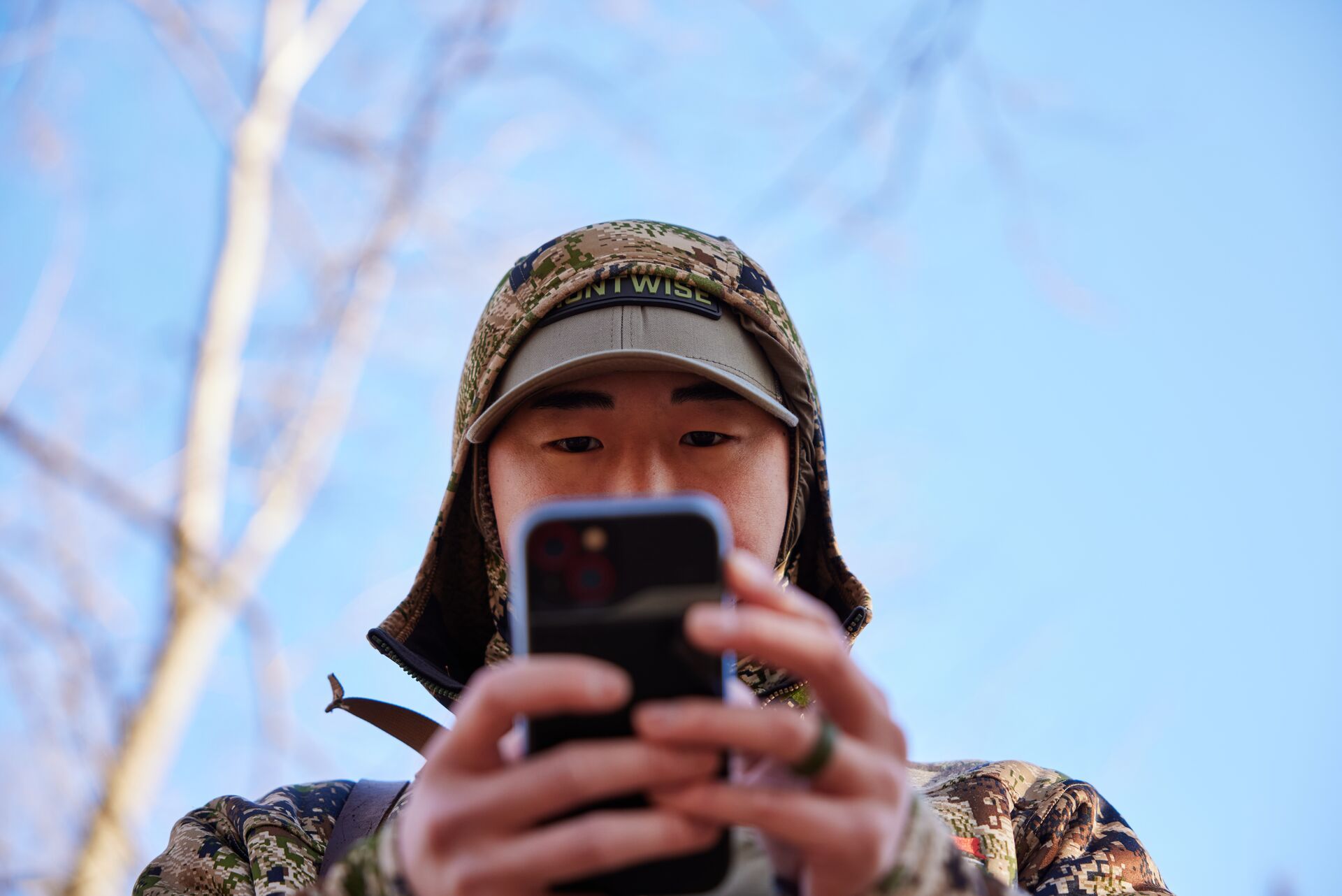
How to Find Private Hunting Land Near Me
Now that you know a bit more about the benefits of private hunting land, are you excited to try some private land for your hunt this season? Let's look at the best ways to find it!
Spoiler Alert: It could be closer than you think.
1. Start Early
One crucial aspect of finding private hunting land is to start early. Like, now.
The off-season is the best time to find new private land for hunts. If you wait too close to the opening day of whitetail or turkey season, you'll likely miss out on some excellent land that's right around the corner because other hunters are already connected with the landowner.
We're not recommending that you get in your truck and start knocking on doors to ask people if they have land and, if so, if you can hunt it. Save the gas and mileage on your truck.
Instead, grab your HuntWise app and toggle on the Land Ownership map layer, then the Property Lines Information layer. You'll find these under Nationwide Layers.
Use Public Information At Your Fingertips
Using public information and compiling this information in the app (so you don't have to do the work), you'll see landowner boundaries for any area you want to hunt. You'll also have the landowner's contact information right there on the screen. You can also click right on the screen to call or text the owner.
Make Sure It Meets Your Criteria
However, before you start cold-calling every private landowner near you, take time to scout the land using the app. Make sure it's an area that will potentially produce the wild game you're after, has good access, and at least a few good places that could help you wait for a buck to walk by.
What do you need for a good hunt? Think through your criteria and use different topographical map layers in the HuntWise app to research the land.
If you find a piece of private land that looks like it could be an ideal hunting area and meets your criteria, then it's time to reach out by phone or text and start the conversation with the land owner.
2. Talk to Other Hunters and Network
Aside from using HuntWise, how can you learn about private hunting land in your area?
Talk to people.
One of the best ways to get the scoop on local land for hunting is to talk to other hunters and network. If you have friends or family who hunt, ask them where they hunt and what their experiences are with private hunting land near me.
Through these conversations, you might discover someone you know owns land they use for hunting – or they know someone that lets them hunt their land every season.
This could be your "in" to a hidden hunting paradise you had no idea was close by.
3. Search Hunting Lease Websites
Many landowners showcase their properties by joining hunting lease organizations or clubs. Look for websites that offer leases in your area, then scout that land using your HuntWise app.
If a landowner offers their land with lease opportunities through a public site, chances are they're open to hunters being on the property. Using the website and preferred contact method reduces the "cold-calling" aspect of starting the conversation.
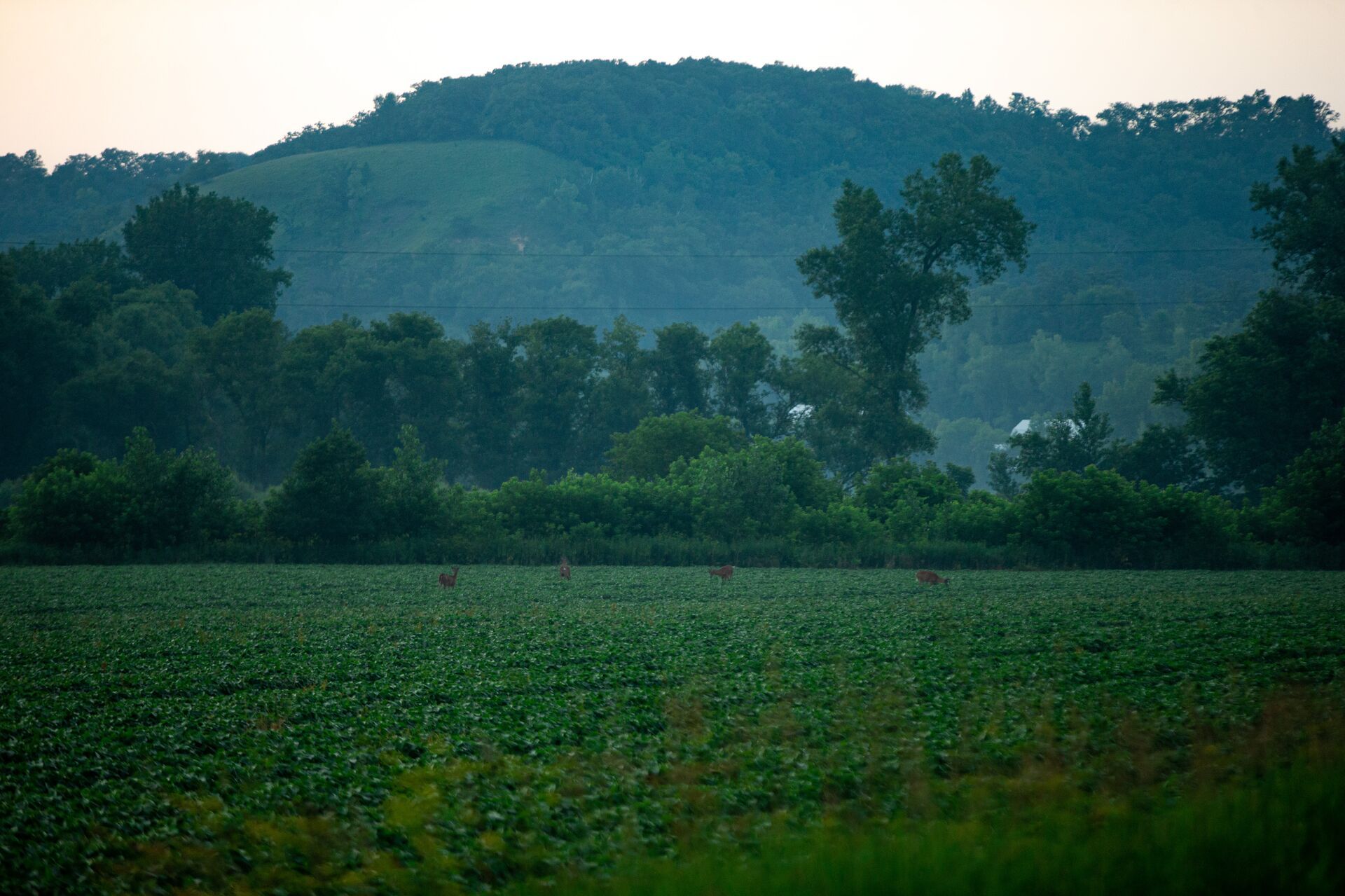
Plan Your Approach
You're not alone if it feels awkward (or worse) to contact someone you've never talked to before and ask them if you can hang out on their land with a bow or firearm and hunt animals.
Almost every hunter who has asked permission from a landowner for the first time has felt the awkwardness of this situation.
We encourage you to get past this and make contact. You never know if it could be the start of a beautiful hunting relationship and the best whitetail or turkey hunting experience you've ever had – and could continue having by building the relationship with the landowner.
However, a rapid-fire approach to robocalling nearby landowners and abruptly asking, "Hey, can I hunt your land?" could backfire tremendously.
Instead, try a methodical, softer approach.
- Start with a script. Think about what you want to say. Be polite, introduce yourself, and get to know the landowner a bit (without taking too much time) before launching into your "ask."
- Make a phone call or send a text using the landowner information in the HuntWise app. Sometimes a text can be less intrusive, but it can also be seen as spam (and quickly ignored) if not worded correctly.
- If you get a positive response after a call or text, ask for a good time to come by and talk further about their land and the possibility of hunting there. Be honest about why you're calling, but keep it flexible and conversational.
- Think about your appearance. If the landowner agrees to a meeting, show up clean and dressed nicely (but casually). It's probably a good idea to avoid wearing your hunting gear or camo for this first meeting. Make a good first impression.
- Offer something. Ask if they have nuisance animals you can help remove. Offer part of your harvest. Ask if you can do anything for them to help them care for the land (clear brush, fix fences, etc.).
- Assure them you'll follow the rules and leave the property as you found it when you arrive. A landowner needs to know that you'll be responsible while hunting their land.
Even with all these tips, be prepared to hear a "no" – and be okay with it. Don't argue if they say no after your first request. You can still let them know you're nearby and available to help with the land (i.e., be a good neighbor).
You never know when simply building relationships or friendships could turn into an invitation to hunt their land during a later season.
Keep at it. One "no" doesn't mean every landowner will say "no." However, if you get a lot of "nos," reconsider your approach and see if there's anything you could adjust to make a better first impression.
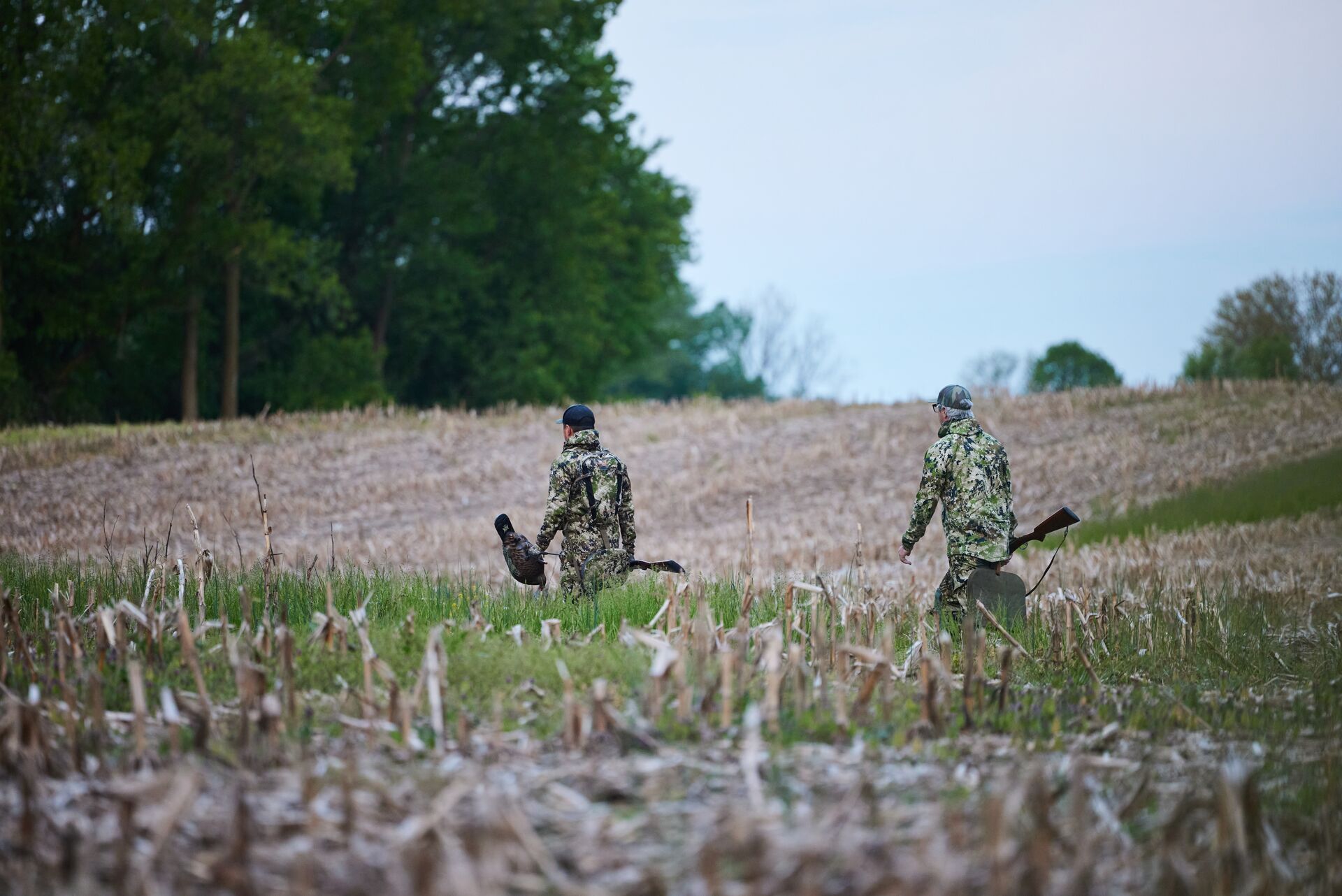
Use HuntWise to Find Private Hunting Land Near Me
We wish you the best of luck finding private hunting land in your area this season! A good private hunting area can lead to multiple seasons of deer, turkey, or other wild game to bring home for your freezer.
If you don't yet have HuntWise, don't miss out on the best way to research potential private hunting land near you.
Download it today and explore every feature in the app – free – for a week, including the map layers we mentioned today!

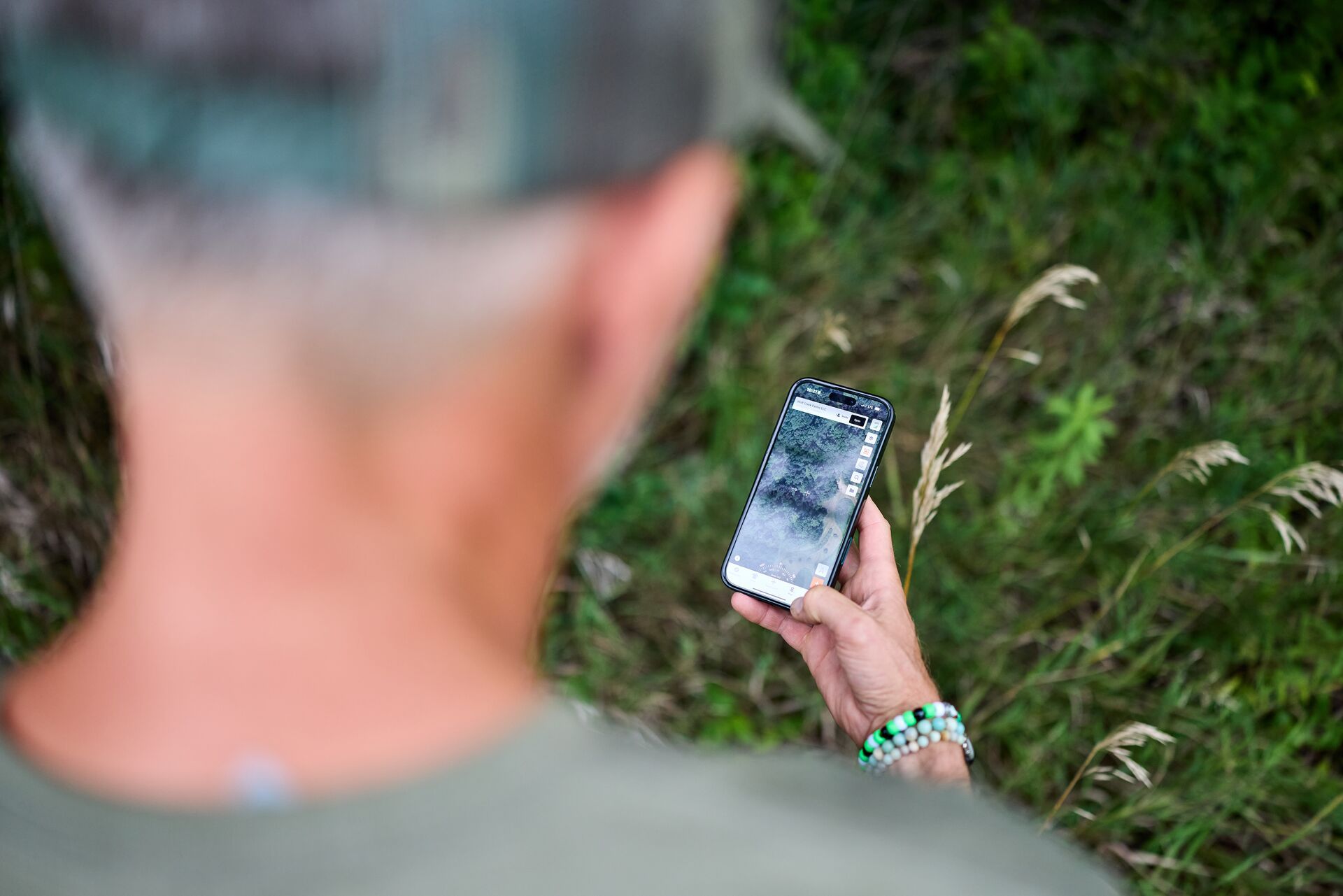
 Hunting Tips
Hunting Tips Hunting Tips
Hunting Tips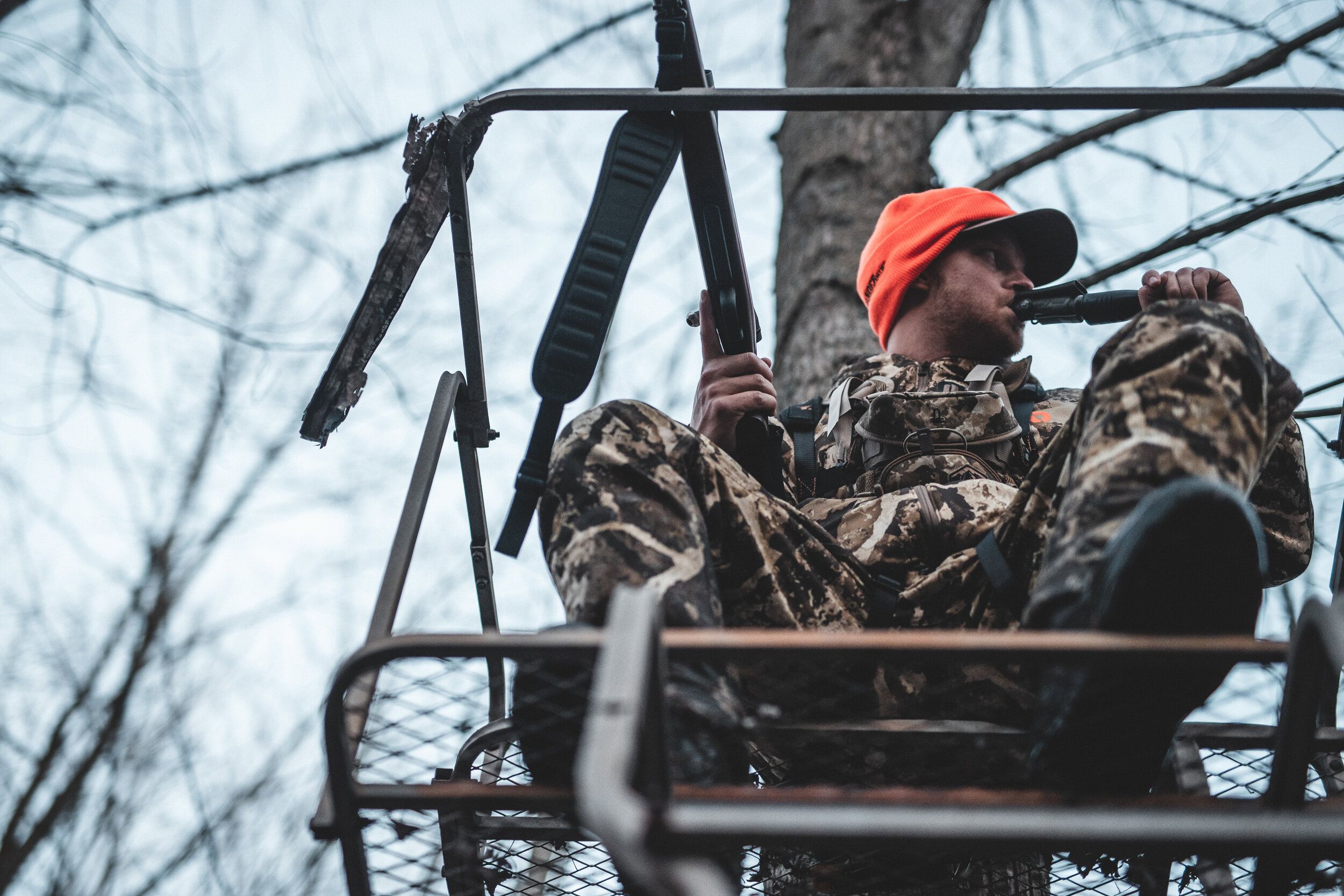 Hunting Tips
Hunting Tips